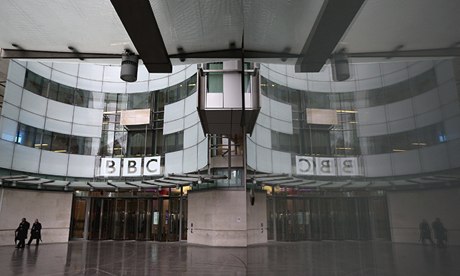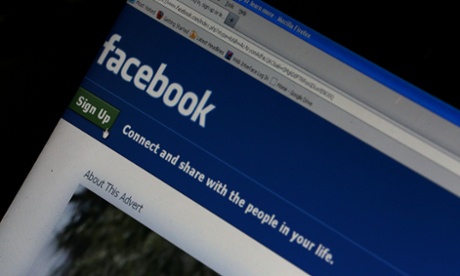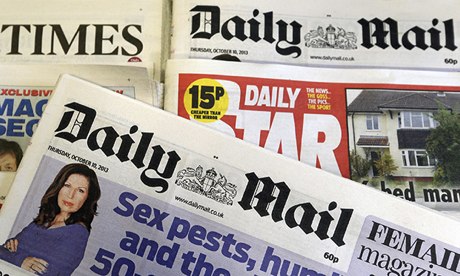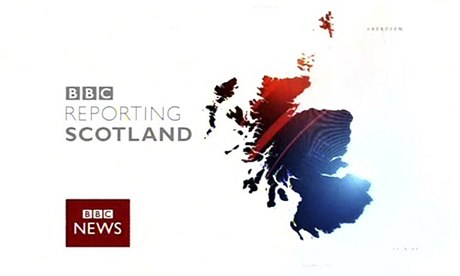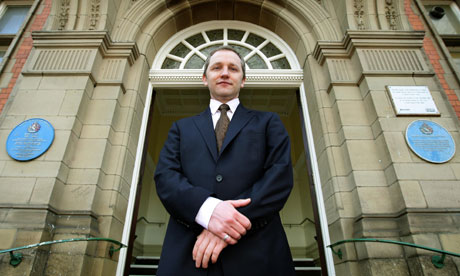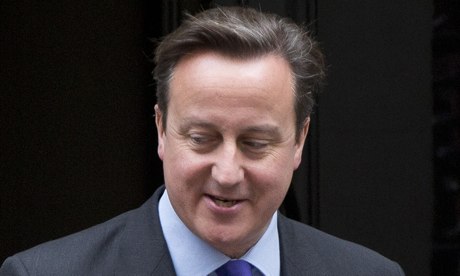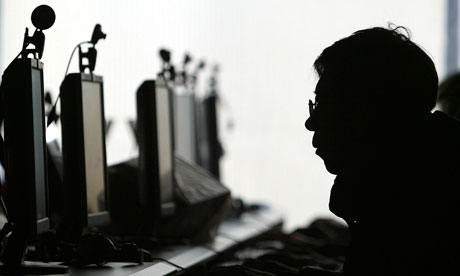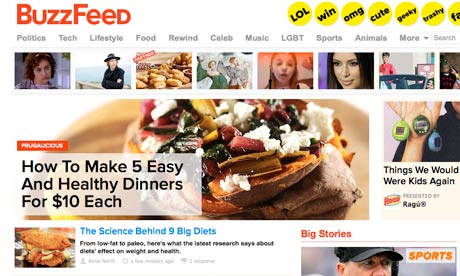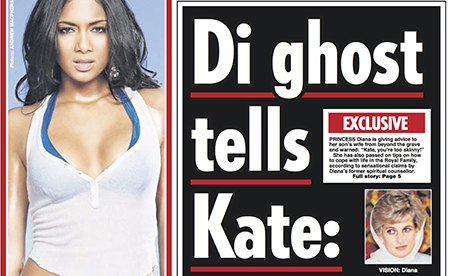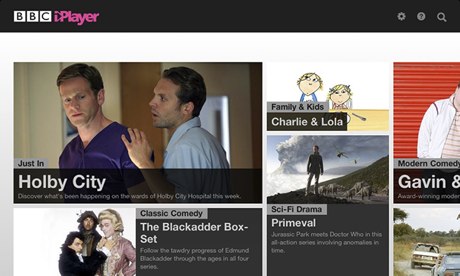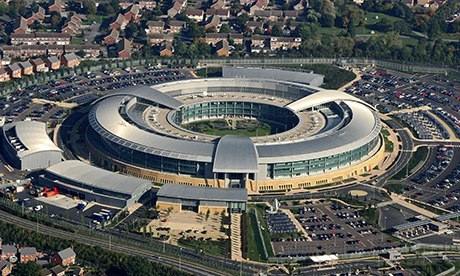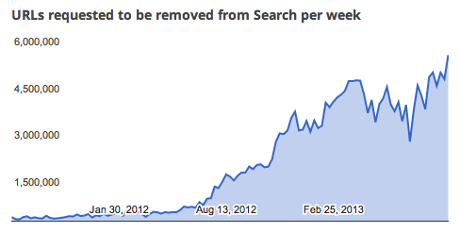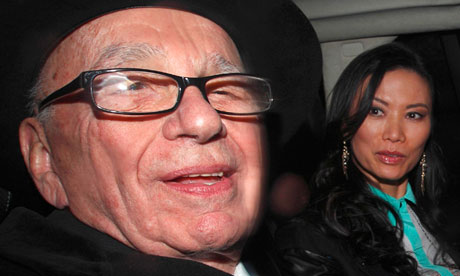In the age of media six questions about media and participation -
. the advent of online social media is often referred to as ' web 2.0'
. media owned by and controlled by large commercial corportations - is no more.
. Therefore blogs and online forums provide opportunities for ordinary people to have their
say
. speak back to those in power; wikis enable us to collaborate and share knowledge
in ways that challenge elites and experts.
. on social networking sites, we can represent ourselves and connect with other
people in new ways
. YouTube allow people to distribute their own media content to global audiences
. All these services appear to be free and open
. these things are leading in turn to fundamental shifts in the operations of
‘old’ media like television, newspapers and even books: there is much talk of
‘user-generated content’, ‘citizen journalism’ and the empowerment of consumers.
WHATS NEW ?
.'Web 2.0 ' was an attempt to re-brand the internet business after the bursting of the
so-called ‘dot.com bubble’
. Tim Berners-Lee, widely identified as the inventor of the World Wide Web,
. In terms of media theory, there’s a danger of a kind of technological
determinism here – the idea that technology will bring about revolutionary
social change
. technology is created in response to wider social, economic and cultural developments
.
WHAT ARE THEY DOING ?
. There’s a big difference between posting an occasional comment on an online
forum or a social networking profile, and filming, editing and posting a video
. although in surveys all these things tend to be seen as evidence of high levels
of participation. In fact, only a very small proportion of users are generating
original content: most are simply ‘consuming’ it as they always have done.
. Our research on amateur video-making found that it continues to be dominated by
home movies of family life, children’s birthday parties or holidays on the beach
. therefore, can play a very important role in terms of memory and family relationships
.
WHO'S MAKING MONEY -
- ' Technology is shifting power away from the editors, the publishers, the
establishment, the media élite… now it’s the people who are taking control' . - Here’s one celebratory view of the democratic possibilities of Media 2.0:
. this is from a 2006 interview with the notorious media magnate Rupert Murdoch
. The two richest and most profitable global media corporations are now Google and
Facebook.
. YouTube (now owned by Google) took five years from its launch before it finally
came into profit
. Many well-known services – not least Twitter and Facebook – have struggled to
find ways of ‘monetising’ what they do.
. such as Murdoch’s own MySpace, have undergone a rapid rise and fall
. detailed information about our preferences and buying habits is being gathered,
often without us knowing it (by means of ‘cookies’ that are planted on the hard
drive of our computers). This information is used to ensure that advertising and
marketing are targeted only at those people who are most likely to be interested
in it; and through a practice known as ‘data mining’, the data can be aggregated
and then sold on to other companies.
WHO'S DOING THE WORK ?
. Much of this marketing is itself ‘user-generated’ and ‘interactive’
. Other companies (such as the mobile phone provider Orange) have picked up on the
idea of ‘user-generated content’ by running competitions for consumers to create
videos to promote their products
. media critic Soren Peterson has called ‘loser-generated content’
. A great deal of unpaid labour goes into the production of blogs
. In the case of social networking, participants often spend enormous amounts of
time working on their profiles and building networks which they are unable to
take with them if they want to migrate to another site
. Some argue that fan websites are about consumers taking back control of the
media, making their own meanings from existing media texts, and leading towards
a more democratic media environment.
. There have been some instances where copyright owners – like J.K. Rowling and
Warner Brothers, who own the Harry Potter franchise – have taken legal action
against fans who have used and reworked their materials in making fan fiction,
video mashups, and so on.
. Yet one could argue that, in the end, these fans are just promoting the brand –
they may be using Harry Potter to express their own ideas, but they are doing so
in a way that contributes to the success and the continuing profitability of the
big companies. They may be active participants, but they are also the ultimate
consumers.
WILL MEDIA 2.0 SAVE DEMOCRACY ?
. digital media are not likely to result in a society of creative media producers
. Just like ‘old’ media, these new media are driven by commercial imperatives –
and that means that some people are bound to benefit from these developments
much more than others.
.
PARTICIPATION DEBATES - THE MEDIA AND DEMOCRACY -
It’s one of the biggest media debates around at the moment: has
Web 2.0 and the explosion in social networking really opened up new
opportunities for democracy? Morag Davis offers a beginners' guide to some of
the ideas you may need to grapple with.
. Democracy. It’s a word we’ve heard a lot of during the last year or so – the
General Election was an exercise in it; many citizens of Arab states such as
Syria and
LIBYA have been demanding it; and as a Media Studies student you will
have heard your teacher use it.
WHAT IS DEMOCRACY -
. democracy is a form of government in which all eligible people have an equal
say in decision-making.
. It is the system of government used in most countries in the world except
one-party states such as China; dictatorships such as (until recently) Libya;
and non-symbolic monarchies such as Saudi Arabia.
. apply this idea of ‘one person one vote’ to the modern media landscape
. The X Factor as an example: in the 2010 series, 15,488,019 million votes were
cast by viewers to decide the of the programme.
. there were very few ways in which audiences could make their voices heard. Want
to complain about a TV programme? Send a letter to Points of View and it might
be read out on air. Want to comment on local politics? Phone your local radio
station and hope you are given a few seconds of airtime.
. Back to Mr. Cowell: his dream of democratising the world with bland light
entertainment received a crushing blow when, in Series Six, winner Joe McElderry
was held off the crucial Christmas No.1 spot in the British charts by what The
Sun called a ‘wacky Facebook campaign’ by ‘foul-mouthed rockers’ Rage Against
The Machine.
. some commentators have claimed that the uprisings in Egypt and Libya couldn’t
have happened without the use of Twitter and Facebook, with young people using
social media to bypass the old regimes and organise demonstrations.
. the internet has empowered its users by giving them unparalleled instant and
almost unmediated access.
. Blogging is another way that the media are becoming more democratic.
. your blog has (in theory, at least) as much access to global audiences as Rupert
Murdoch’s News Corporation.
.
PARTICIPATION OR HEGEMONY ?
Nick Lacey explores whether Web 2.0 has really democratised our access to the
media, and switched the power from producers to audiences, or whether it has
simply become absorbed into the values of ‘old media’.
. Web 2.0, often referred to as ‘we media’
. democratises the media, as anyone with a web connection can create and publish
texts (‘user-generated content)
. we no longer have to rely upon professional organisations (or traditional ‘old’
media) to act as the gatekeepers.
. Some observers believe this has led to ‘dumbing down’ and ‘the cult of the
amateur’
. could it be argued that ‘we media’ merely offers the idea that audiences can
have their say, while, in practice, the ways in which user-generated content is
expressed and understood is barely different from traditional media?
The political: Ian Tomlinson -
.One of the best examples of the ‘political’ impact of amateur video posted on
the web was the death of Ian Tomlinson, who died after being hit by a policeman
during the 2009 G20 summit protests in London.
. Police said that described attempts by police medics and an ambulance crew to save his life after
he collapsed – efforts they said were marred by protesters throwing missiles as
first aid was administered.
Lewis 2009
. However, a New York lawyer sent a video he’d made of the incident to The
Guardian. This showed that the police version of events was not true.
. Although the newspaper is an example of traditional media, the fact that it
could put the user-generated video on its website makes it new media
. It remains to be seen whether Tomlinson’s family will get the justice they
deserve. However it’s virtually certain that in the old, pre-internet days they
would have had no chance.
. Morozov details how countries like China and Iran have successfully controlled
the general population’s access to the internet.
. it has also been argued that social networking sites have facilitated
the ‘Arab Spring’ uprisings (the revolutions in Tunisia, Egypt and Libya and
other Arab countries) as they enabled protestors to bypass the centralised state
media
The political: Ian Tomlinson -
.
